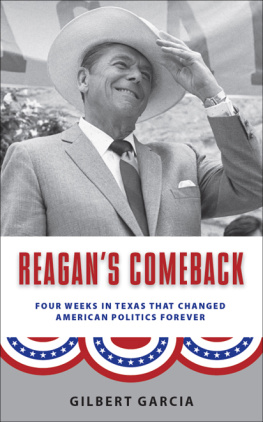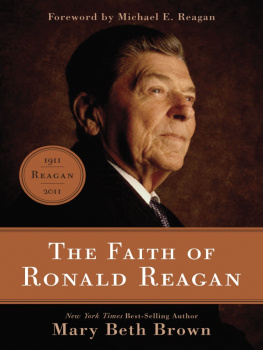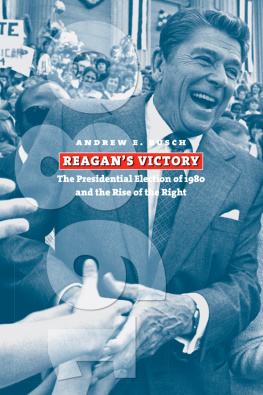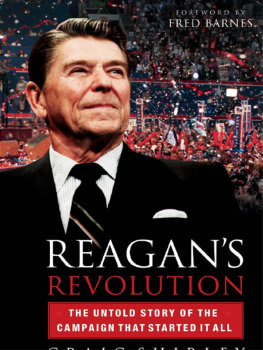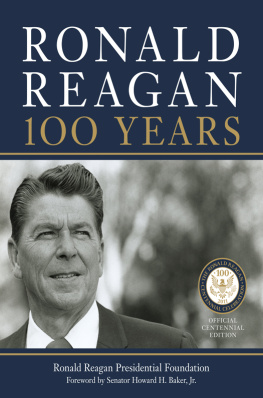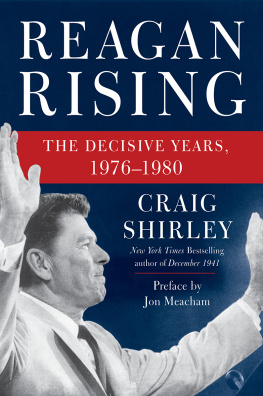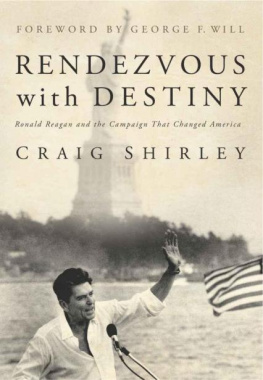Published by Trinity University Press
San Antonio, Texas 78212
Copyright 2012 by Gilbert Garcia
All rights reserved. No part of this book may be reproduced in any form or by any electronic or mechanical means, including information storage and retrieval systems, without permission in writing from the publisher.
Cover design by Anne Richmond, Boston
Book design by BookMatters, Berkeley
Trinity University Press strives to produce its books using methods and materials in an environmentally sensitive manner. We favor working with manufacturers that practice sustainable management of all natural resources, produce paper using recycled stock, and manage forests with the best possible practices for people, biodiversity, and sustainability. The press is a member of the Green Press Initiative, a nonprofit program dedicated to supporting publishers in their efforts to reduce their impacts on endangered forests, climate change, and forest dependent communities.
The paper used in this publication meets the minimum requirements of the American National Standard for Information SciencesPermanence of Paper for Printed Library Materials,
ANSI 39.48-1992.
Library of Congress Cataloging-in-Publication Data
Garcia, Gilbert.
Reagans comeback : four weeks in Texas that changed American politics forever / Gilbert Garcia.
p. cm.
Includes bibliographical references and index.
ISBN 978-1-59534-117-4
1. PresidentsUnited StatesElection1976. 2. United StatesPolitics and government19741977. 3. Reagan, Ronald. 4. Political campaignsUnited StatesHistory20th century. 5. Presidential candidatesUnited StatesBiography. 6. PresidentsUnited StatesBiography. I. Title.
E868.G37 2012
16 15 14 13 12 5 4 3 2 1
Steve Bartlett had always been a loyal Republican foot soldier. In 1964, as a ruddy-faced sixteen-year-old Barry Goldwater worshipper, Bartlett formed the first Young Republicans club in Oak Cliff, a historic, middle-class community separated from downtown Dallas by the Trinity River. He and his fellow teen conservatives were so enthralled with Goldwaters quixotic presidential bid that they showed up at Kimball High School the day after the November election wearing tie tags adorned with the number 27, just to inform the nonbelievers that their man had received 27 million votes (never mind the fact that his Democratic opponent, Lyndon Johnson, had garnered more than 43 million).
Bartlett, who would go on to become a four-term North Texas congressman and the mayor of Dallas, was so determined to spread the good word of Republicanism that in 1974, with his party reeling from the Watergate scandal that brought down Richard Nixons presidency, he revived the dormant Dallas Republican Mens Club as a dare, to see if there were still Republicans around after Watergate. Bartlett made a habit of doing whatever his party asked, so in 1976, when his states GOP leaders overwhelmingly backed President Gerald Ford against the intraparty challenge of former California governor Ronald Reagan, Bartlett didnt question it. He fell in line.
In fact, Bartlett was not merely a Ford supporter. In a quirk of the newly created Texas presidential primary system, he was a ballot surrogate for the president: one of four Ford delegates from Bartletts congressional district who appeared on the primary ballot opposite four local Reagan loyalists. So on May 1, 1976, when Reagan handed Ford the most shocking, embarrassing, and lopsided primary defeat ever inflicted on an incumbent American president, Bartlett couldnt help but take it personally.
That night he rolled the results around in his mind. Reagan had won by a 21 margin, handily taking every district in the state and claiming all ninety-six contested delegates. (A month later, at the Republican State Convention, he would also collect all four of the states at-large delegates.) Hed executed this rout despite the fact that Ford had the enthusiastic endorsement of US senator John Tower, the only statewide-elected Republican most Texans had ever known, as well as the more subtle backing of the states party organization. Ford had more money, he had the power of incumbency, and he went into Texas having dominated his early primary contests with Reagan.
Bartlett couldnt figure out what had gone wrong. Hed taken his delegate role seriously, knocking on doors and calling party regulars. He jokingly blamed his wife, whod developed a personal affection for Ford, for getting him into this mess. I remember thinking, he says, that something is going on that I just dont get.
If the 1976 Texas primary left Bartlett feeling like a cross between Thomas E. Dewey and Bob Dylans clueless Mr. Jones, he had plenty of company. Time magazine responded to the results by trumpeting Reagans Startling Texas Landslide, and political prognosticators around the country tried to explain how a contest widely seen as a toss-up had veered so far off the predicted course.
Neither Bartlett nor the bevy of political reporters on the campaign trail could have known it at the time, but Texas was a pivotal primary, a political watershed that not only salvaged Reagans political fortunes but helped to reshape the American electoral map.
Because Reagan ultimately lost the 1976 Republican nomination to Ford, the 76 campaign is often shortchanged in his biography. When it is analyzed, most attention tends to focus on North Carolina, Reagans first victory, the primary that punctured Fords growing aura of inevitability. At least two conservative champions, M. Stanton Evansone of the few people to land on Nixons enemies list by attacking him from the rightand Craig Shirleywhose book Reagans Revolution: The Untold Story of the Campaign That Started It All examined the 76 racehave called North Carolina one of the two most important primaries in the history of the American conservative movement (along with Goldwaters 1964 California win).
Coming after five straight early losses to Ford, North Carolina was a much-needed psychological boost for the Reagan campaign. It energized his forces and temporarily quieted talk that their man was about to pull out of the race. In terms of the pure calculus of the race, however, it amounted to little more than a short-term reprieve.
Given the circumstances, Reagans solid but narrow (5246 percent) North Carolina win should have been expected. Reagan had spent twelve days campaigning in the state to only two for Ford, and Reagan had the backing of the states most powerful Republican, US senator Jesse Helms, who turned the primary into a referendum on his own popularity. North Carolina surprised people only because Reagans early failures had drastically lowered expectations for his campaign. For all the giddiness in the Reagan camp over the North Carolina victory, when the dust cleared from that primary, Reagan had gained a whopping two delegates on Ford.
When Ford rebounded from North Carolina with easy, barely contested wins in Wisconsin, New York, and Pennsylvania, his national delegate lead swelled to the point of being prohibitive. Reagan campaign manager John Sears publicly conceded what everyone knew: If Reagan lost Texas, any hope for the nomination was gone.

